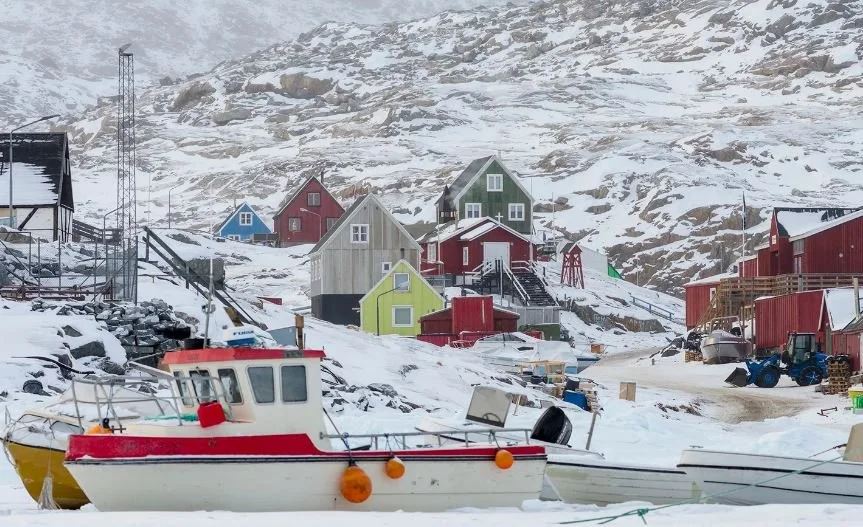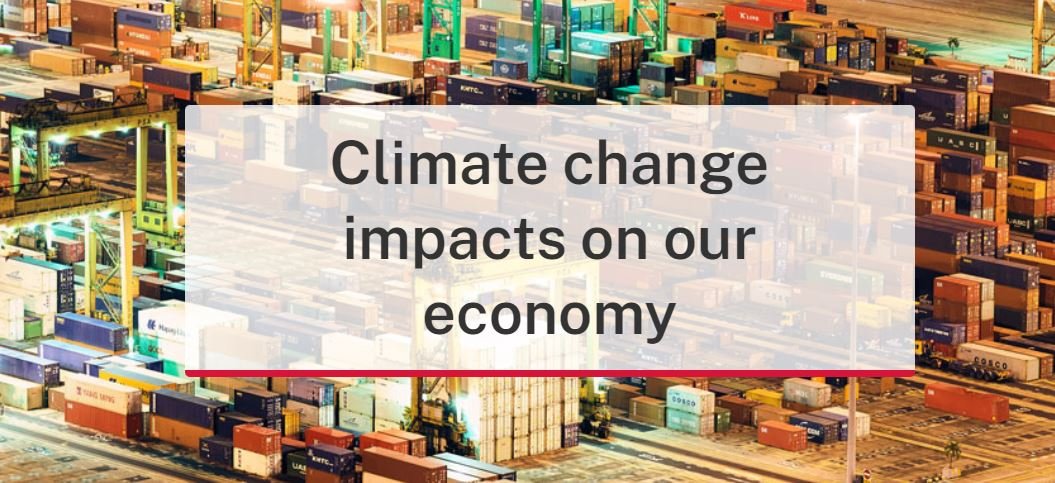
SEA News
Sports Environment Alliance announces departure of CEO Jan Fitzgerald
Sports Environment Alliance (SEA) Board and team announce with regret the departure of our CEO, Jan Fitzgerald, effective at the end of September 2024.
World Sailing marks World Oceans Day by publishing first annual Sustainability Report
Released to mark the recent World Oceans Day and with the Paris 2024 Olympic Games on the horizon, World Sailing has published its first annual Sustainability Report.
Sports Environment Alliance welcomes two new non-executive Directors to the Board
Sports Environment Alliance (SEA) is pleased to announce the appointment of two non-executive directors, Melanie Robertson and Kieran Power, following an extensive national search.
On the Field, Off the Grid: Empowering Local Businesses in Sports Sustainability
As part of World Environment day, Zandy Powell, Sports Environment Alliance Memberships and Programme Manager, last night attended an event hosted by The Melbourne Climate Network, in partnership with the City of Melbourne.
Global Football Week on in Melbourne
The week was timed perfectly with a new report launched recently that outlines what all twenty clubs are doing on environmental sustainability, from fan travel, food, player engagement, biodiversity, as well as what you don’t see behind the scenes.
Today is World Turtle Day!
Today, we celebrate these incredible creatures and reflect on the vital role that healthy waterways play in their survival—and the enjoyment of water sports.
Premier League clubs praised for climate progress
Earlier this year The Premier League in the UK issued a ‘sustainability commitment’, external to be a minimum standard for clubs, after “extensive consultation” between clubs and the league’s sustainability working group.
It puts the emphasis on clubs to develop “robust” policies and a greenhouse gas dataset, and help with a “common framework for action”.
Sports In U.K. Unite To Take Action On Water Pollution
Seven U.K. sports governing bodies have come together to put their weight behind the pressing issue of water pollution, unveiling the Clean Water Alliance recently
Australia’s first national Environmentally Sustainable Procurement Policy
Federal Minister for the Environment and Water, Tanya Plibersek recently announced that businesses will soon have the confidence to invest in sustainable products - without the green tape.
Less, better and for longer: Five ways Paris 2024 is delivering more sustainable Games
Paris 2024, with the first Olympic Games fully aligned with Olympic Agenda 2020, promises to deliver spectacular Games that are more responsible, more sustainable and more inclusive.
The organisers have laid out a cutting-edge plan to halve the Games-related carbon footprint compared to previous Games, with innovative solutions for energy, food, venues, transport and digital services.
SEA Summit 2024 - #SEAChanger Award Winners Announced
Sports Environment Alliance (SEA) is delighted to announce this year’s winners of the #SEAChanger Awards.
The awards are presented to an individual, sporting organisation, sports club, venue, or facility who have demonstrated outstanding environmental and climate leadership, driven change, or contributed to best practice environmental stewardship in the areas of water, energy, materials, biodiversity, or engagement and education over the last two years.
Driving change with energy innovation at the Grand Prix™
The Australian Grand Prix Corporation’s commitment to becoming leaders in sustainable major events will see targeted areas of the FORMULA 1 ROLEX AUSTRALIAN GRAND PRIX 2024 powered by zero emission technology.
Clearing another hurdle at the Arctic Winter Games
There is no doubt the world is warming, and we know this is impacting the ability to play sports across the world. But what isn’t often considered is the social impact that cancelled and rescheduled events have.
epar’s collaboration with charitable organisations is creating positive change and making the world a better place
ePar are immensely proud to be part of a community that understands the significance of collective action.
Bluewater partners with South African sixBetway SA20 to bowl out single use plastic bottles in cricket league
South Africa’s Betway SA20 cricket league and water purification and beverage solutions innovator Bluewater have partnered to help end the need for single use plastic bottles and promote sustainable hydration practices.
Cricket Australia (CA) and Cricket for Climate have collaborated to install solar power at the National Cricket Centre (NCC) in Brisbane.
Cricket Australia (CA) and Cricket for Climate have collaborated to install solar power at the National Cricket Centre (NCC) in Brisbane. This will save $50,000 in energy costs in the first year alone while reducing the amount of carbon generated by the facility by approximately 398 tonnes each year.
UEFA’s Green Goals: $7.6M Climate Fund for EURO 2024 Carbon Footprint
The football governing body in Europe, Union of European Football Associations (UEFA), plans to allocate funding competitively through a newly established ‘climate fund,’ to address the sports’ significant carbon footprint.
2023 was the hottest on record: What this means for your favourite sports
2023 was officially the hottest year ever for our planet, and was the first year in which all days were 1 °C warmer than the pre-industrial period.
As we navigate our way to a similar or even worse situation, what can we expect the state of our sports to be like in the future?
In the future we can expect an increase in the duty of care for athletes and young people, weather-related health warnings, acclimation periods, heat rules and cooling off breaks to be implemented more frequently, and if adverse conditions are deemed unsafe. , then changes can be made, in either timing, scheduling or cancellation.
Cycling Crusader Pedals 18,000 Miles Across US National Parks, Fighting Climate Change One Pedal at a Time
A 28-year-old transportation advocate has embarked on a daring odyssey that stretches across 18,000 miles.
Cycling his way through all the national parks in the United States, he has been trying to preserve the sanctity of the national treasures of the world. Beyond this massive physical feat lies a profound mission, and that is to raise awareness of the looming specter of climate change that could irreversibly alter these iconic landscapes.
Climate change impacts on our economy
Climate change presents a range of risks and impacts that are expected to negatively impact our economy. These include property loss and damage, infrastructure and service costs and risks to financial stability and Australia’s property and agricultural sectors will be some of the hardest hit by climate change in the future.





















